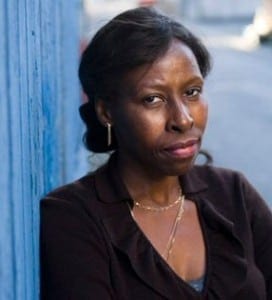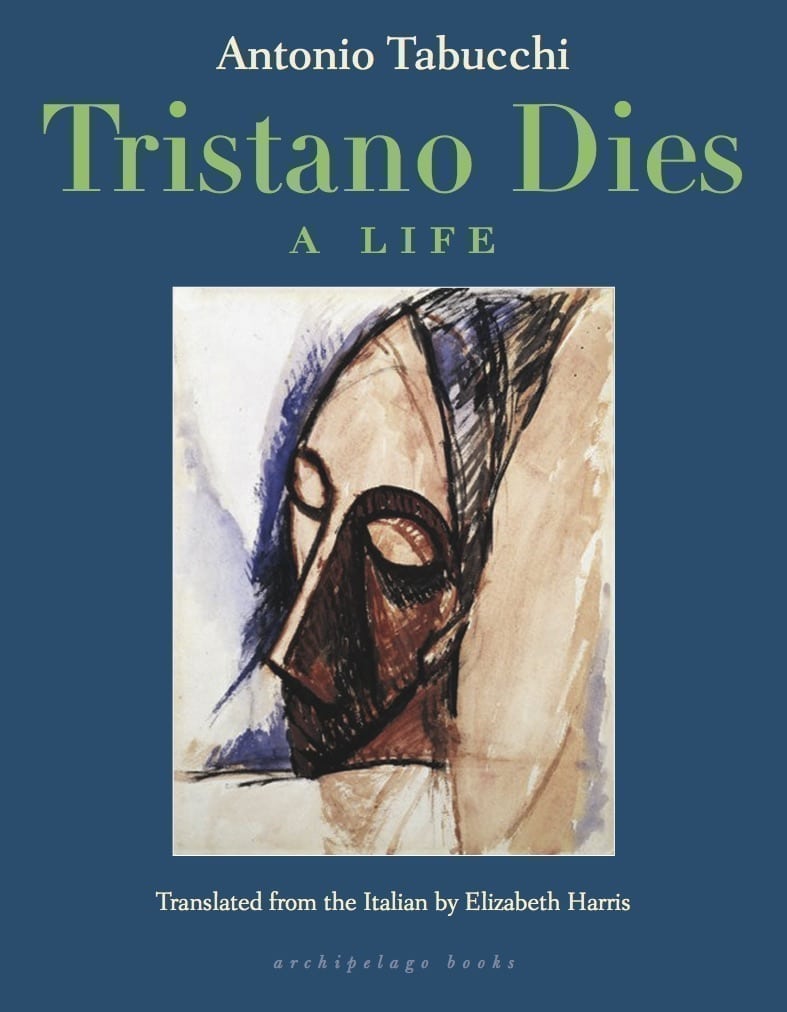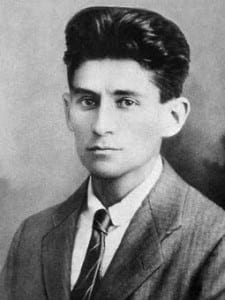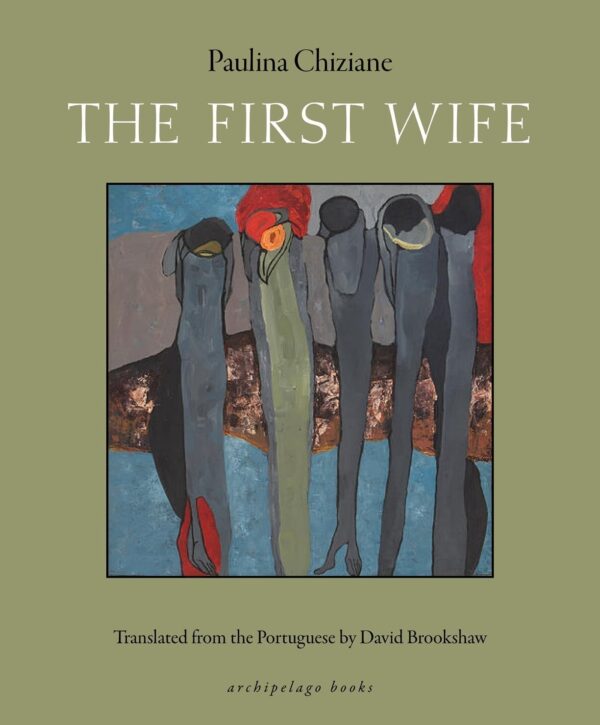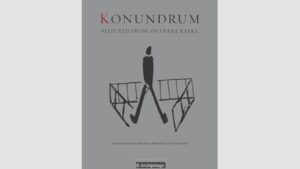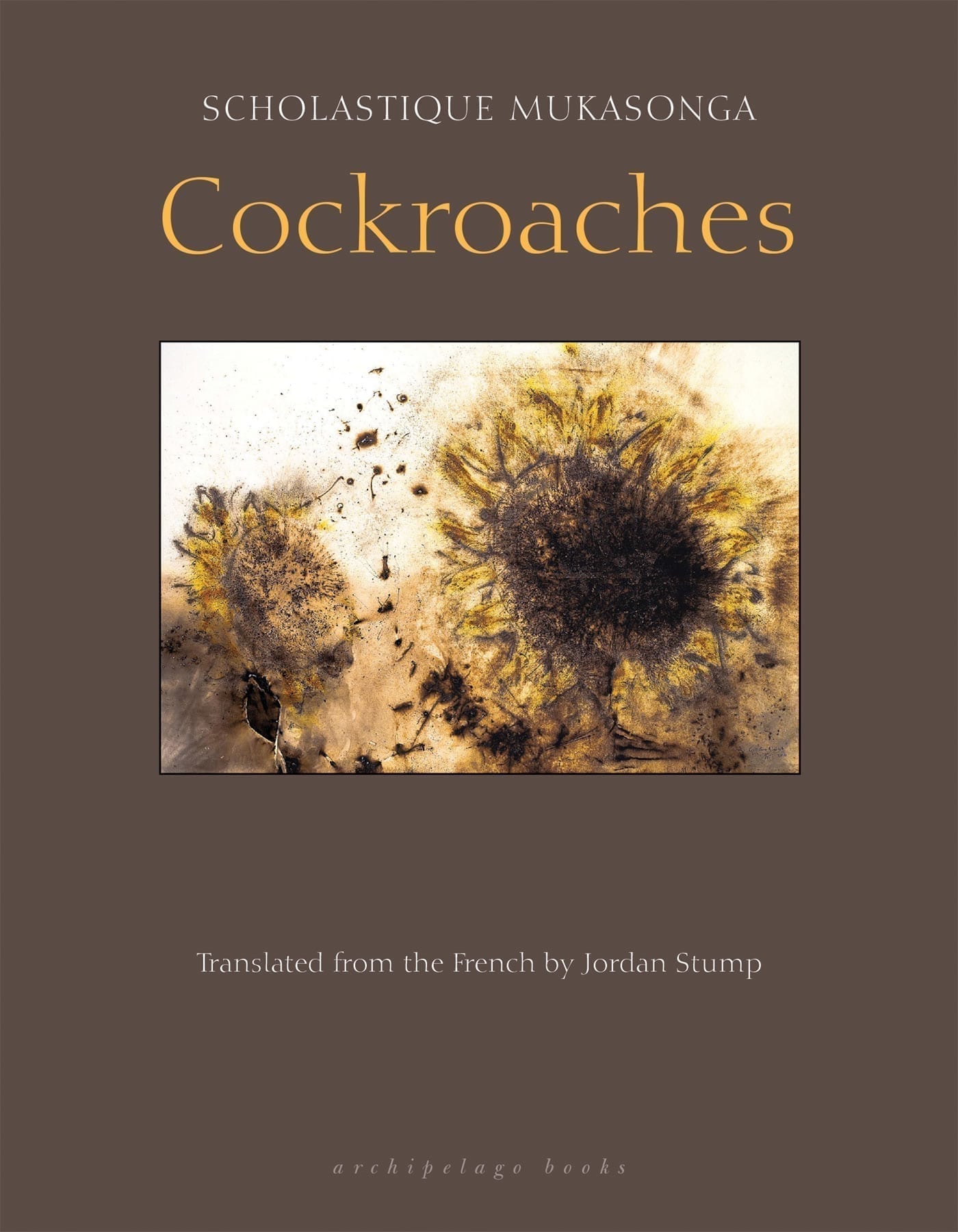

Our friends over at Tin House have published an excerpt from Scholastique Mukasonga’s upcoming Cockroaches, which is slated for release on the 25th of October and translated from the French by Jordan Stump. The extract is titled “1968-1971: A Humiliated Student,” and it deals with the narrator’s experience in school as a Tutsi, one of the persecuted groups in Rwanda…
“Arriving at the Lycée Notre-Dame-de-Cîteaux with the little card-board suitcase once used by my brother André, and then by Alexia, I was filled with hope and apprehension at the same time. My apprehensions were more than justified, but I never lost hope.
I’d seen violent and even deadly persecution in Nyamata, but the solidarity of the ghetto gave us the strength to endure it. At school, I would know the solitude of humiliation and rejection.
I hadn’t shed my Tutsi status when I crossed the Nyabarongo – anything but. And in any case, there was no way to hide it. Every student was issued an ID card marked with their so-called ethnic group, like a brand on a cow. When I was forced to show it to one of the sisters, her look and her attitude changed immediately: wariness, disdain, or hatred? I didn’t want to know. They also discovered that I came from Nyamata. I wasn’t only a Tutsi: I was an Inyenzi, one of those cockroaches they’d expelled from the livable part of Rwanda, and perhaps from the human race. Among my schoolmates, too, I soon came to feel different. Or rather, it was they who made that dif-ference cruelly clear to me. They made me ashamed of the color of my skin (not dark enough for their tastes), of my nose (too straight, they said), and of my hair (too much of it). It was my hair that caused me the most trouble. Evidently it was Ethiopian hair, irende, the sup-posed mark of the Inyenzi. I spent my time putting water on that Inyenzi hair so it would shrink down to a little ball, tight as a sponge. Most often, I resigned myself to shaving it off. That hurt me: in spite of the mockery, I was fond of my hair.”
Once again, you can read the excerpt in its entirety here.





